Tennessee is serious about nuclear energy.
The Volunteer State’s governor and representatives have made clear their intention to position Tennessee at the forefront of a nuclear energy growth surge over the next several years. They’re making the financial investment to back up this commitment, pledging $50 million to recruit the innovative and invest in the existing nuclear companies in the state.
In an interview with advocacy group Nuclear Matters, Gov. Bill Lee expressed his excitement and optimism for Tennessee’s nuclear future.
“Tennessee is one of the fastest growing states in the country,” he said. “Because of that, we have people and companies moving here and we need to have a dependable, reliable energy source.”
Fully ceramic microencapsulated fuel. Image: USNC
Canadian Nuclear Laboratories (CNL) announced last week that it has fabricated fully ceramic microencapsulated (FCM) fuel pellets, a proprietary reactor fuel designed by Ultra Safe Nuclear Corporation (USNC) for its Micro Modular Reactor (MMR). The FCM project, funded through the Canadian Nuclear Research Initiative (CNRI), represents the first time that tristructural isotropic (TRISO) fuel has been manufactured in Canada, according to CNL.
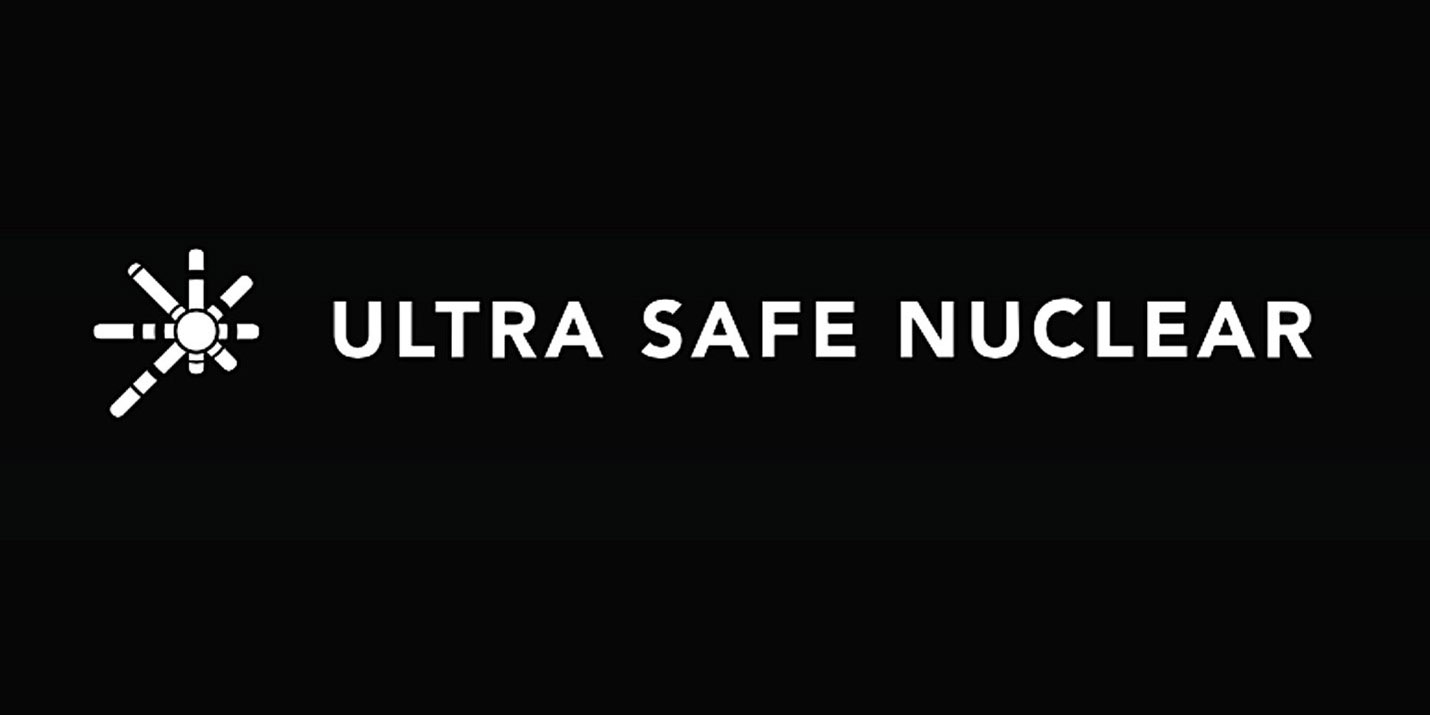


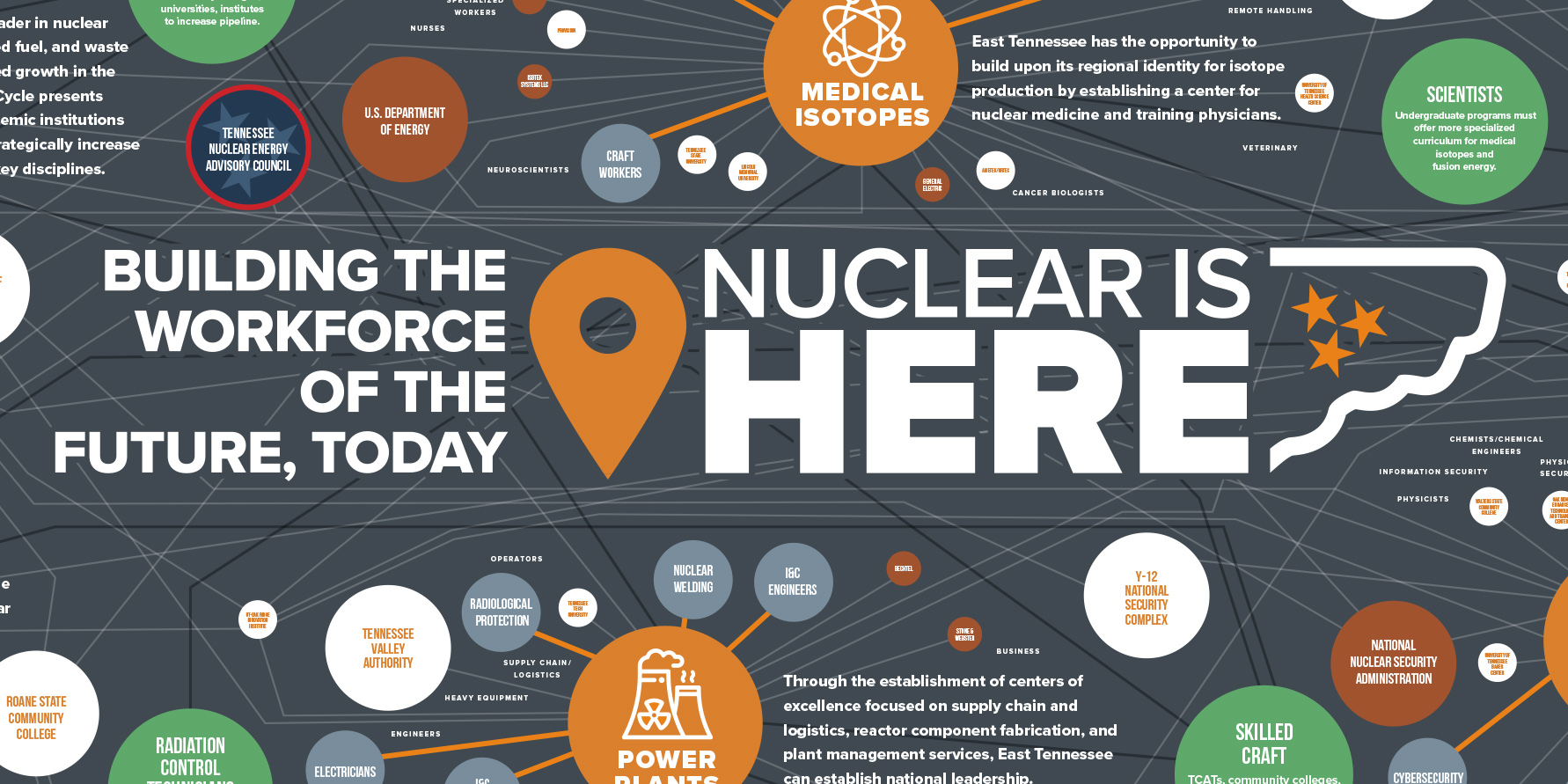

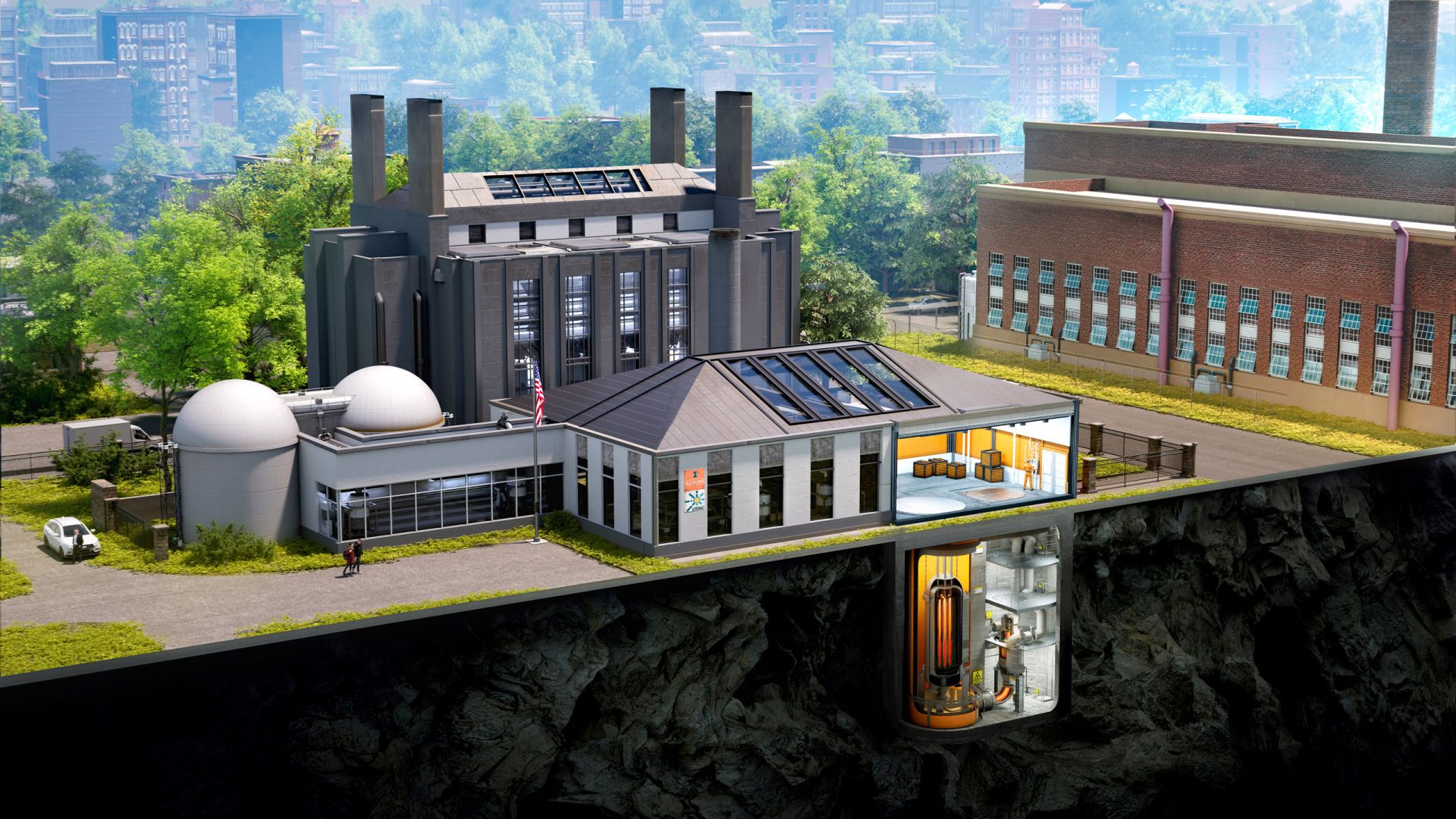

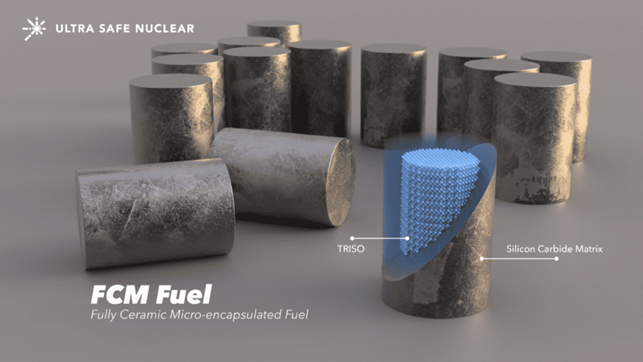
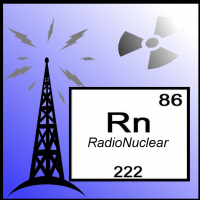 Welcome to the New Year! Even though I am on the road, there is just so much happening lately in nuclear I could not pass up the opportunity to talk about it!
Welcome to the New Year! Even though I am on the road, there is just so much happening lately in nuclear I could not pass up the opportunity to talk about it!